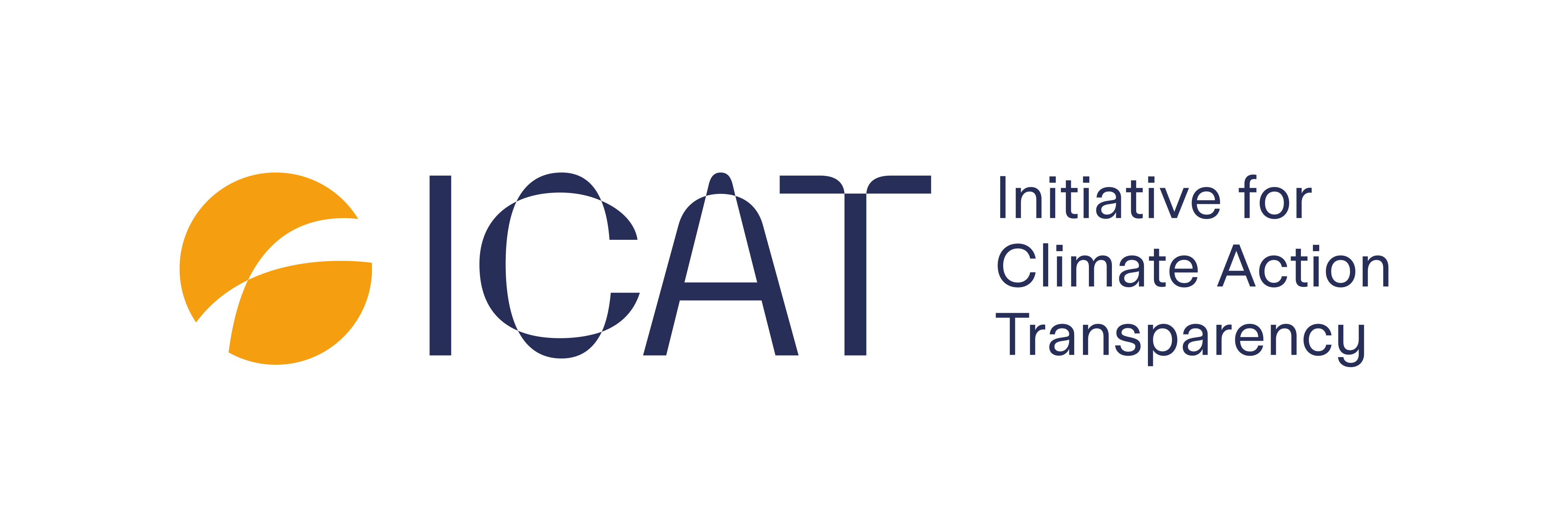As emissions continue to rise and temperatures show no sign of declining, disruption of the status quo with innovations aimed at combating climate change is moving up the agenda. As part of the Initiative for Climate Action Transparency (ICAT) project in Argentina, UNEP-CCC, as implementing partner in the project, has co-authored a new paper assessing disruptive innovations and behaviours for decarbonising the economy in Argentina, while strengthening climate resilience. The paper highlights opportunities to secure both ‘quick wins’ and more strategic, longer-term options and outlines how future assessments can be done for other technologies and country partners, using standardized methodologies.
Download Application of the ICAT Transformational Change and Sustainable Development Methodologies to Assess Disruptive Innovations and Behaviours in Support of Climate Action in Argentina here.
The paper identifies five innovations that could potentially be used to meet both Argentina’s mitigation and adaptation targets and for which longer-term planning and/or investment strategies are needed, to become mainstream in the economy.
- Green hydrogen is a disruptive technology with high potential to accompany the mitigation objectives necessary to achieve climate goals.
- The generation of electricity from non-conventional grid-connected sources of renewable energy has significant implications in the reduction of emissions.
- Native ecosystems in cities means increased carbon sequestration generating impact in the medium term, while positively affecting related SDGs in the short, medium and long term.
- For agroecology, the climate change benefits are mostly linked to carbon sequestration and building greater resilience.
- Avoided deforestation is integral to the National Climate Change Adaptation and Mitigation Plan.
The paper was co-authored with Argentinian consultants hired as a part of the ICAT project by the National Climate Change Directorate under the Secretariat of Climate Change, Sustainable Development and Innovation of Argentina.
It followed the ICAT Transformational Change Methodology, developed with the support of several institutions including the UNEP Copenhagen Climate Centre, for assessing the transformational impacts of climate policies and actions. The project is an example of how the ICAT methodologies can be applied in support of national climate change policy and planning.
The process of assessing these disruptive innovations involved five key steps:
- Identification of disruptive innovations.
- Analysis of their application within Argentina.
- Interviews with national and international experts.
- Selection of three climate innovations and two mitigation measures.
- Application of Transformational Change and Sustainable Development methodologies to the identified measures.
The assessment and new paper demonstrate that thinking creatively and embracing change can pave the way to a more sustainable future.
The original data used to prepare this paper is available in Spanish here.
